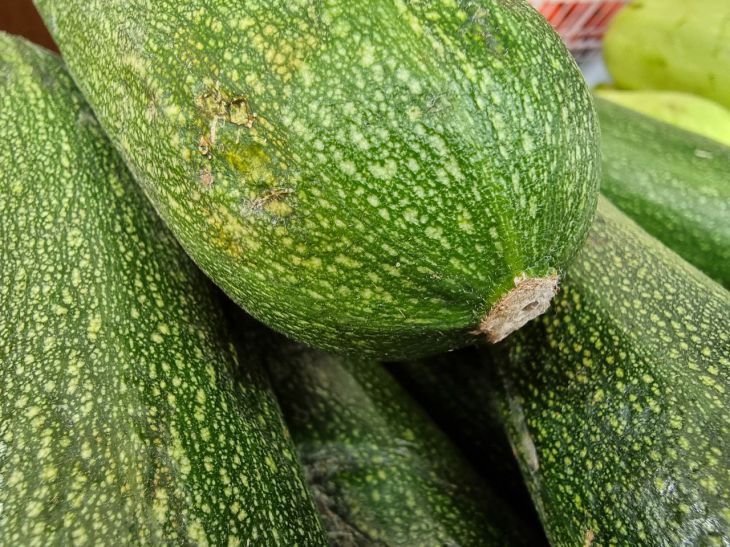The whole truth about zucchini: a health expert named people who shouldn’t eat them
Many people know that zucchini is very, very healthy. However, alas, not for all people.
The whole truth about these representatives of the pumpkin family was told to the online publication Belnovosti by Yulia Klimchenko, a valeologist at the Minsk Regional Center for Hygiene, Epidemiology and Public Health.
Let's start with the positive aspects. There are more of them, by the way. Well, for example, the fact that zucchini is about 95% water and dietary fiber.
They remove, improve, and influence
The latter are so tender that, for example, “puree from this vegetable is an ideal first food for babies,” the expert said.
According to her, the dietary fiber of zucchini in the human body:

– absorb and remove various harmful substances;
– improve intestinal peristalsis, helping to normalize digestion;
– have a beneficial effect on the microflora of the digestive tract.
Vitamins
Zucchini is rich in vitamin C – 100 grams of vegetables contain about 17% of the recommended daily intake.
The ascorbic acid they contain increases the body's resistance to infections.
It also helps cells recover faster, optimizes metabolism, slows down aging, participates in hematopoiesis, and promotes the absorption of iron.
And beta-carotene maintains healthy eyes and skin and ensures the normal functioning of the immune system.
The vegetable also contains vitamins B, E, K, PP, potassium, magnesium, and copper.
Who and how eats zucchini
The mentioned minerals ensure the normal functioning of the heart and nervous system, maintain blood pressure at the required level, and prevent the occurrence of cardiovascular diseases.
Zucchini is especially popular among those who lead a healthy lifestyle and who want to lose weight, since 100 grams of the product contains only 24-27 kilocalories.
The valeologist says: zucchini can be eaten raw, fried, boiled, marinated, stuffed, stewed, baked.
Many people make jam or squash caviar from them, add them to salads, soups, and pancakes.
Who is better off abstaining?
However, there is one thing. Zucchini in large quantities or even not at all is not recommended for the following categories of people:
– with chronic renal failure and impaired potassium excretion;
– those who have increased levels of oxalates in their urine (which can contribute to the formation of kidney stones);
- with individual intolerance to this product.
